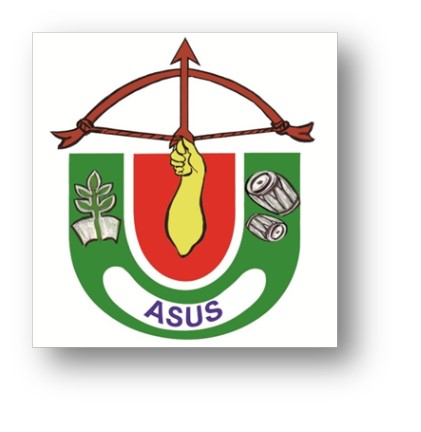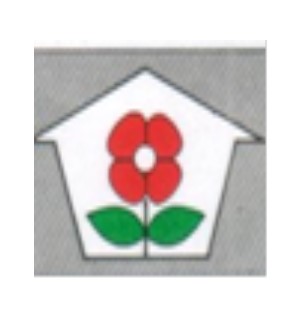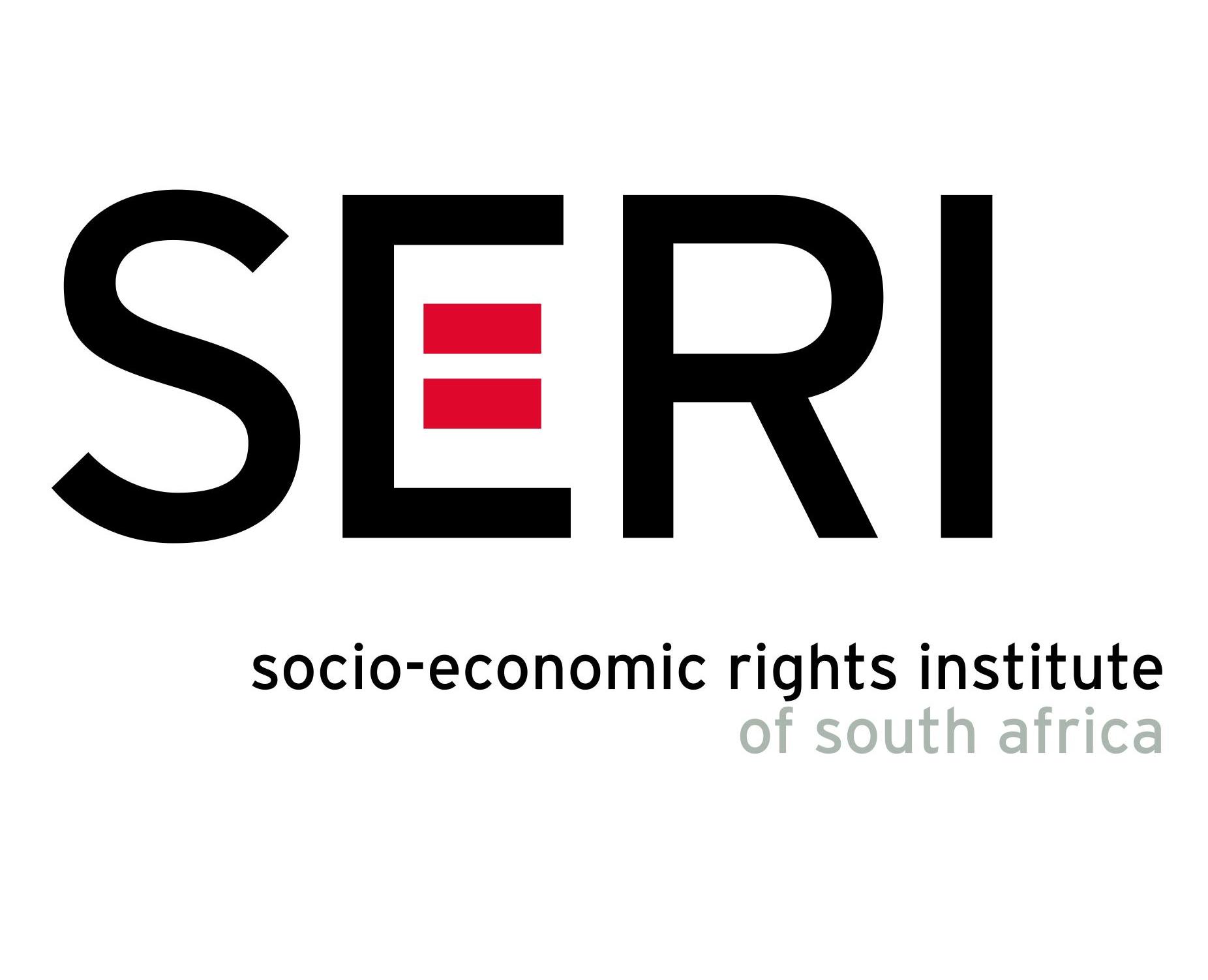Dedan Kimathi University of Technology
MOTTO
The Dedan Kimathi University of Technology motto is: “Better Life through Technology”.
VISION STATEMENT
To be a Premier Technological University Excelling in Quality Education, Research, and Technology Transfer for National Development.
MISSION STATEMENT









